
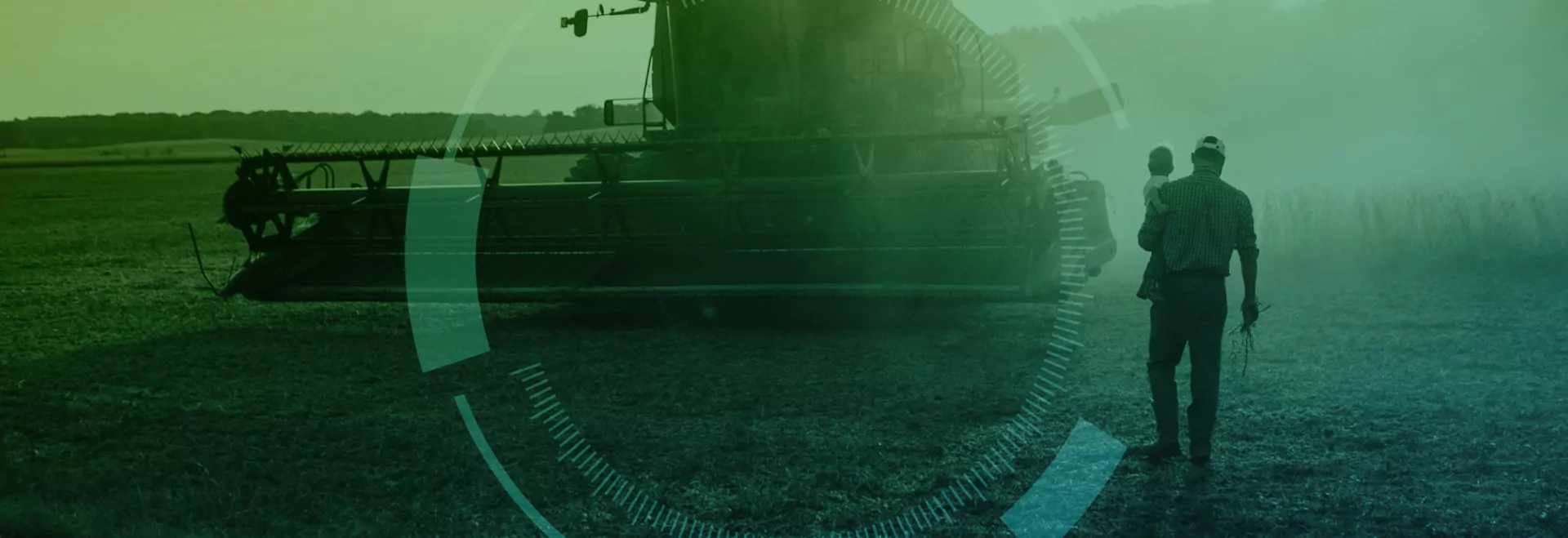
This morning our own John Carroll (JC), Director of Operations, had the opportunity to sit down with WIBW 580 AM out of Topeka, Kansas, to discuss the Taranis mission, the importance of technological advancement in agriculture, and what’s in store for our 2023 Taranis Academy cohort.
Ag Issues morning host, Slade Wiley, shared that in a recent interview with John Deere, as well as other research he had done within the space, it was clear that drones and automation were gaining traction in the industry.
“I just got done talking with John Deere about a week ago about their new automated tractors,” Wiley said. “It’s just really fascinating the technology that we currently have and the technology that we’re developing for not only agriculture, but everyday life.”
Carroll shared how Taranis is involved in the technology space and specifically the company’s integration of drones as a solution to scouting challenges and crop intelligence.
“I’ve been here at Taranis through two growing seasons, and in the first, we implemented the DJI M300 with an H20 camera. These drones provided the most flexibility and zoom capabilities to scout a field,” he said. “We can do about 100 acres in around 40 minutes, which allows us to meet expectations.”
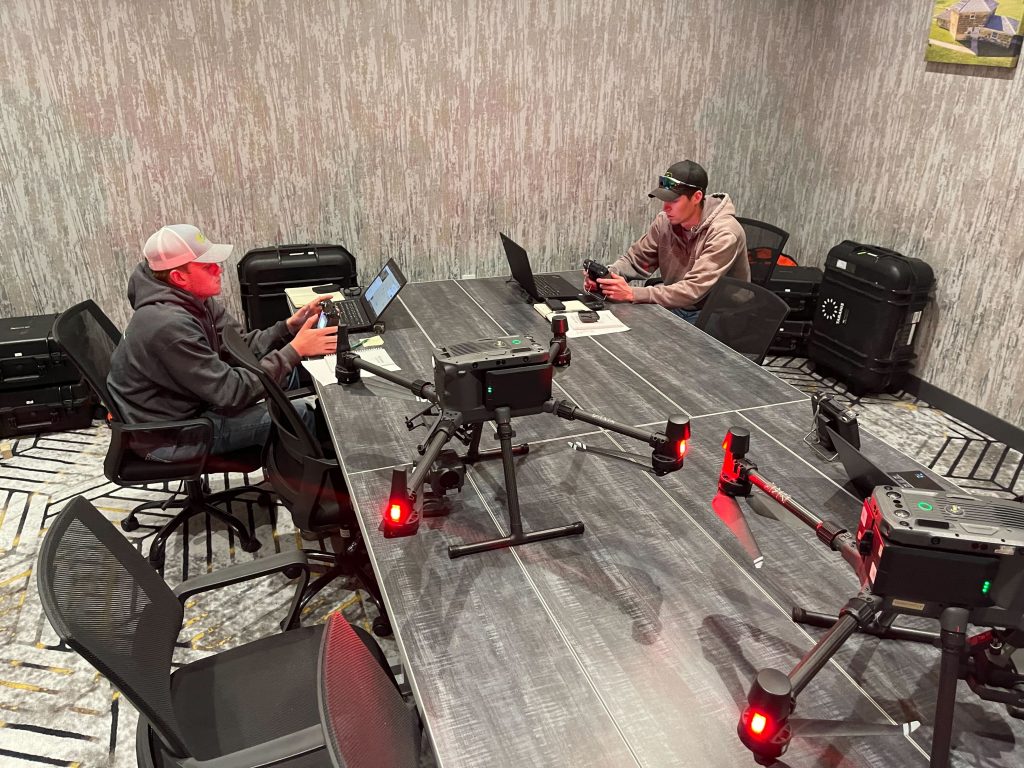
The flight-planning software Taranis has developed allows for field information input that is used by the pilot, who develops a flight plan specific to a field location. During the flight, an average of one-and-a-half images are captured per acre, depending on the zoom level. Those images are stored on the drone and uploaded directly to the Taranis cloud at the end of the day. The Taranis Agriculture Team is then responsible for assessing the leaf-level insights captured to provide near real-time information to Taranis’ retail partners and growers. The team detects stand count inconsistencies, disease, insect and other pressures and stressors that can impact crop performance and yield.
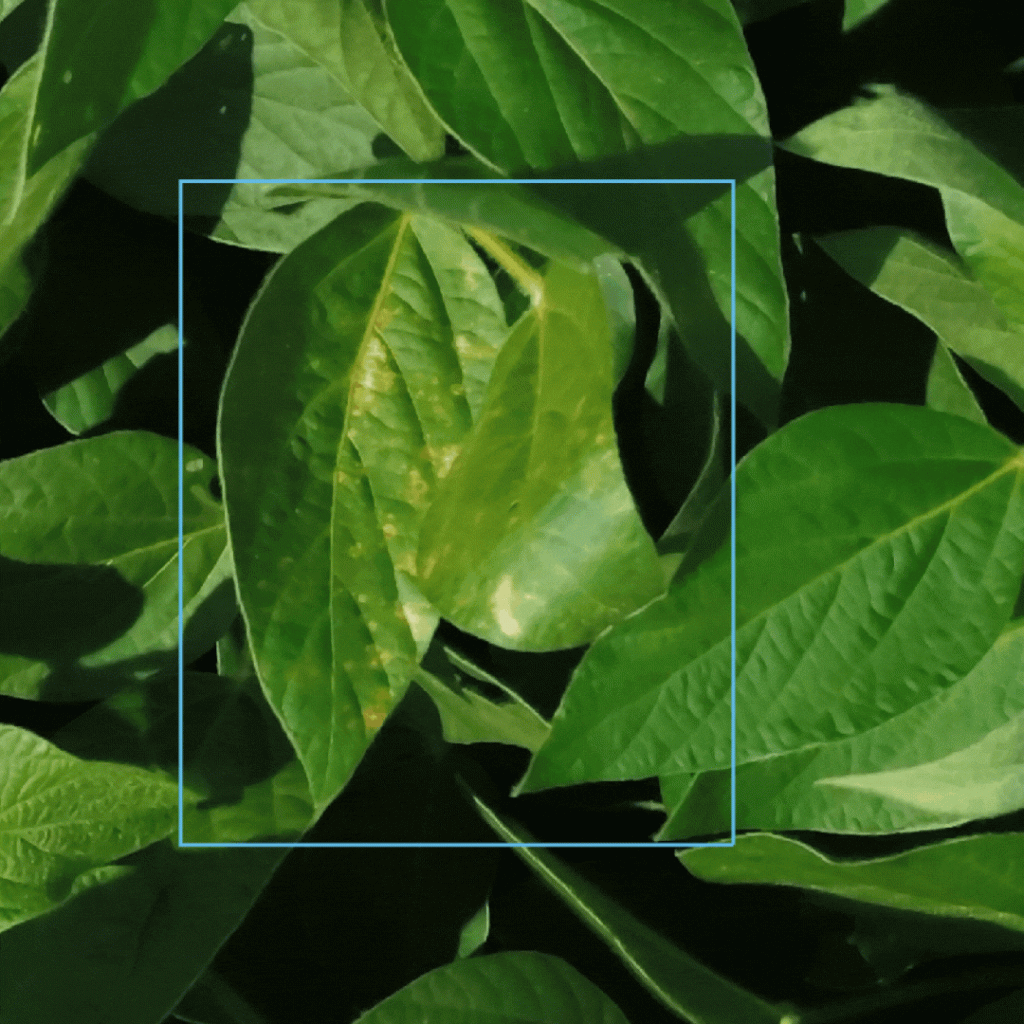
“It’s really neat to be part of this industry. One of the neat things that we got to do this season, we noted a very nasty fungus on a field, so the client asked us to fly a number of other fields, and that allowed us and the customer to see how prolific the fungus was across a larger area. We captured a broad enough area to show how far this fungus had spread—across many neighboring fields, and they were able to take action and save the crop. It was really neat to see,” Carroll explained of the advantage and benefit Taranis was able to provide both the retail agronomist and the farmer who saved time, chemicals and, ultimately, yield.
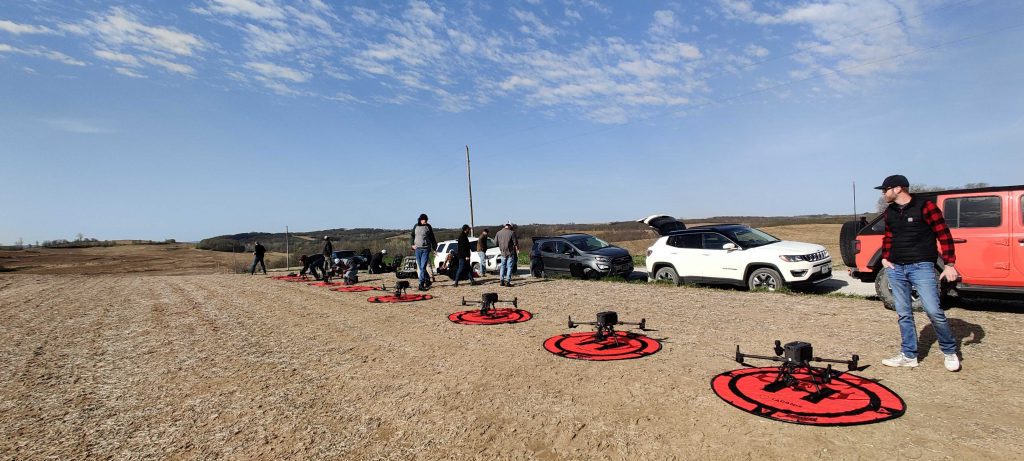
The Taranis model leverages retailer partnerships to efficiently and effectively capture problems and inconsistencies in the fields they are hired to advise. The imagery provided by Taranis saves retail agronomists hundreds of hours of scouting and millions of dollars of lost yield by quickly capturing leaf-level insights and delivering field level, actionable information.
“We can go out and fly a thousand acres easily in one day,” Carroll says. “We fly the entire field and then deliver that information to our client within approximately 24 hours. They see what’s happening in that field without ever having to go out and walk the field. When they notice that there is something in one portion of the field (pests, stand count inconsistencies, etc.) they can go out (and further investigate)
just to that area of the field.”
Taranis, as a company, finds itself in a curious situation, albeit very positive. There is more agriculture-based demand for the services offered utilizing drones than there are pilots to provide it. To help alleviate this industry pain point, Taranis has expanded their current education curriculum to provide a more in-depth training to fuel the industry with more prospective pilots.
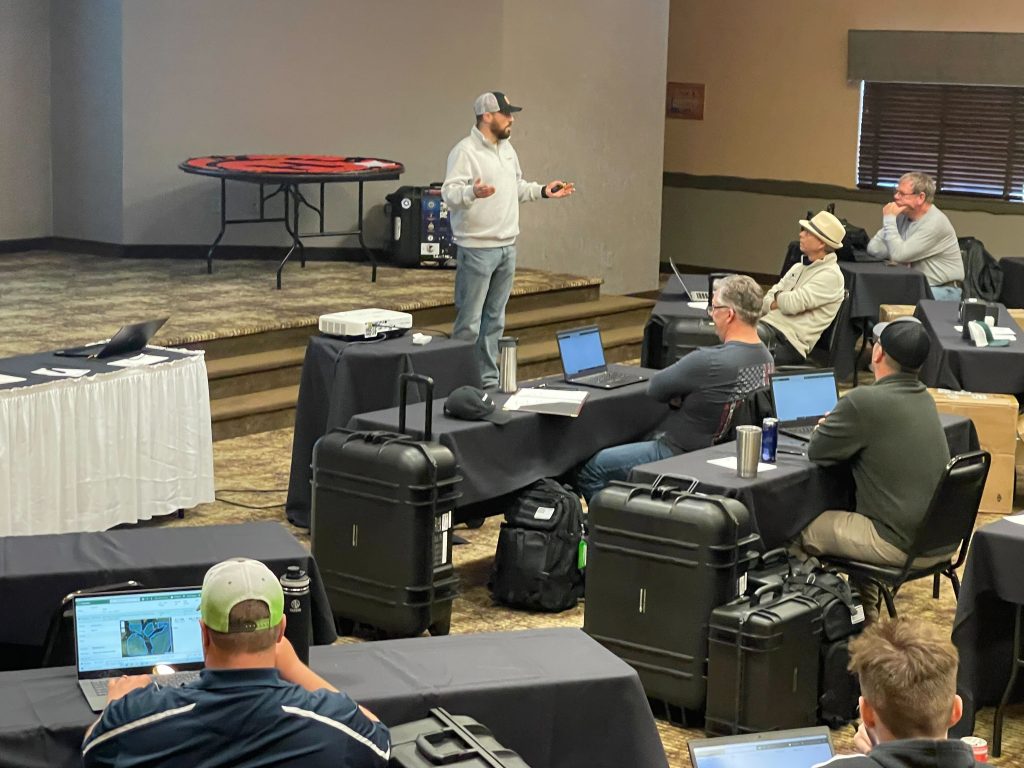
“Taranis doesn’t hire drone pilots,” Carroll explains, adding that what the company provides is education, experience and advantage to young prospective pilots hoping to become involved in the business. “It’s very hard to break into a business model unless you have some experience, and what we provide is a means of flying a very robust drone with a very significant technological advantage to bring young pilots into a capability that is profitable for them. They can make good money; they can get a lot of experience and learn a lot about drones and drone technology through our online school.”
The program includes an online school portion that will be followed by a new in 2023, in-person training period to create what Carroll calls mid-level trained pilots.
“It’s not the most technical [program available], it isn’t for drone pilots to go fly wind turbines where they have to be right up to the blades of the turbine to take images—that really takes a lot of skill and experience. But what we are doing is producing a mid-level pilot who is motivated and wants to get into the commercial side of flying,” he says. “This is not recreation flying. If applicants don’t have the part 107 license from the FAA (Federal Aviation Association), we can assist in offering the schooling and education to take the test. After the program is finished, we point them in the direction of a service provider that can hire them and assign them acreage to fly.”
Taranis Academy’s model works to create pilots for and in the communities where they are needed—where growers live and retailers provide agronomic services.
Carroll concluded by offering that the business of Taranis centers on the fact that the company is providing a service to clients who expect and depend on timely results. Taranis is meeting these expectations through innovation in the sky, the classroom, and with boots on the ground.
To learn more and apply to Taranis Academy, visit taranis.com/flight-operations/.
Listen to the full interview featured on WIBW.
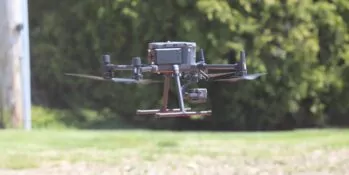
From wet-weather spraying to timely scouting, drones are not only proving their efficacy but paving a path for rural entrepreneurship and the next generation on the farm.